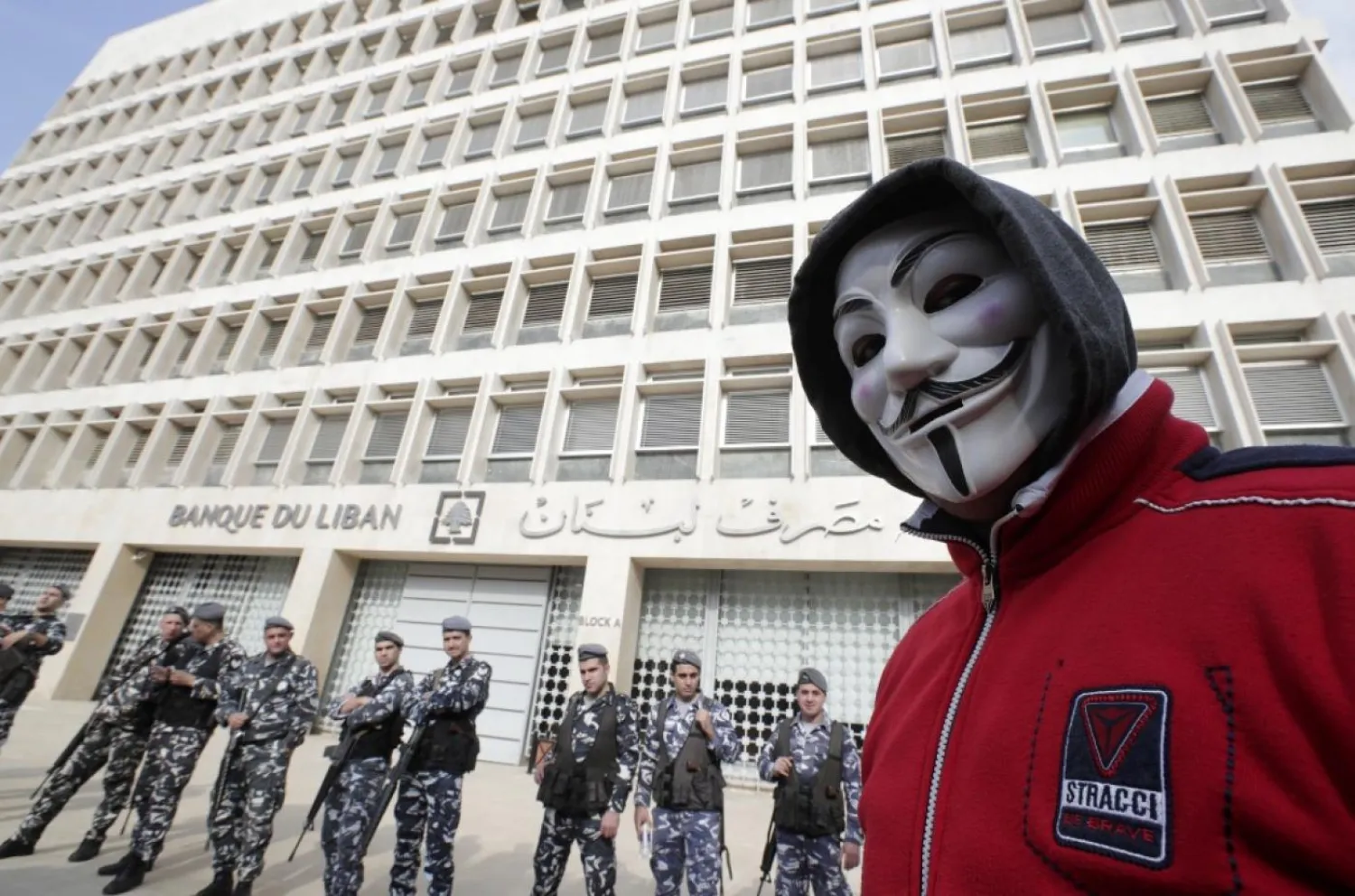Judicial sources in Lebanon revealed that dozens of lawsuits were filed by depositors against Lebanese banks on charges of withholding their money.
The sources noted that criminal courts in Lebanon, especially in the governorates of Beirut, Mount Lebanon, and the Bekaa, have seen a great influx of lawsuits. Those “have greatly confused the banking sector,” a banking source told Asharq Al-Awsat.
Depositors find that resorting to the Judiciary has become the shortest way to recover their money withheld in banks, especially since in some of these cases, the court ruling was in favor of the plaintiffs.
The first case of this kind was filed in November by Judge of Urgent Matters Ahmed Mezher against a bank in Nabatieh. The Judge ordered the release of 129 thousand euros, without delay and under penalty of a coercive fine of LBP 20 million for each day of delay.
A judicial source told Asharq Al-Awsat that Mezher issued another similar decision two weeks ago obliging another bank to “effectively and immediately” return the funds of one of the depositors amounting to 400 thousand euros under penalty of imposing a high coercive financial fine for each day of delay.
In remarks to Asharq Al-Awsat, a banking source said that the lawsuits “greatly confused the banking sector. It is no secret anymore.”
However, the source underestimated the impact of these lawsuits on the reliability and credibility of banks, and stressed that “most of the rulings that were issued against banks were appealed (challenged).”
The bank official accused some lawyers "of seducing depositors with their ability to withdraw their money according to decisions and judicial rulings within a quick time limit, which motivated them to file these cases, knowing that their money is safe despite exceptional and compelling measures banning withdrawal of all deposits as that would strike the banking sector and lead to a liquidity crisis.”









